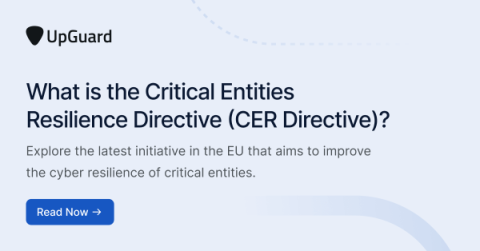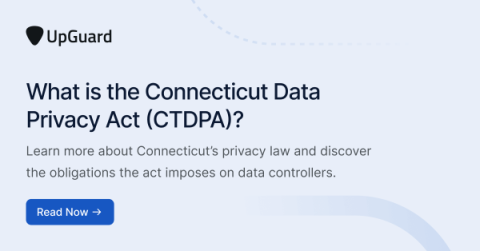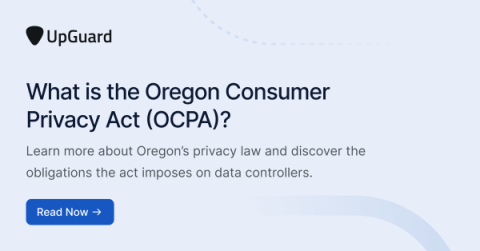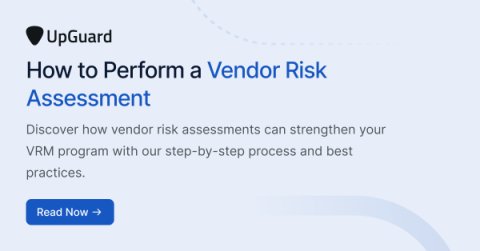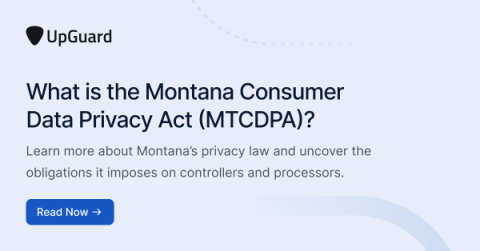What is the Utah Consumer Privacy Act (UCPA)?
The Utah State government passed the Utah Consumer Privacy Act (UCPA) in March 2022, scheduling the law to go into effect on December 31, 2023. Utah is the fourth state in the United States to pass a state privacy law. Compared to preceding US privacy laws, such as the California Consumer Privacy Act (CCPA), Virginia Consumer Data Protection Act (VCDPA), and Colorado Privacy Act (CPA), the UCPA has a narrower scope, making the law more friendly to businesses and data controllers.





